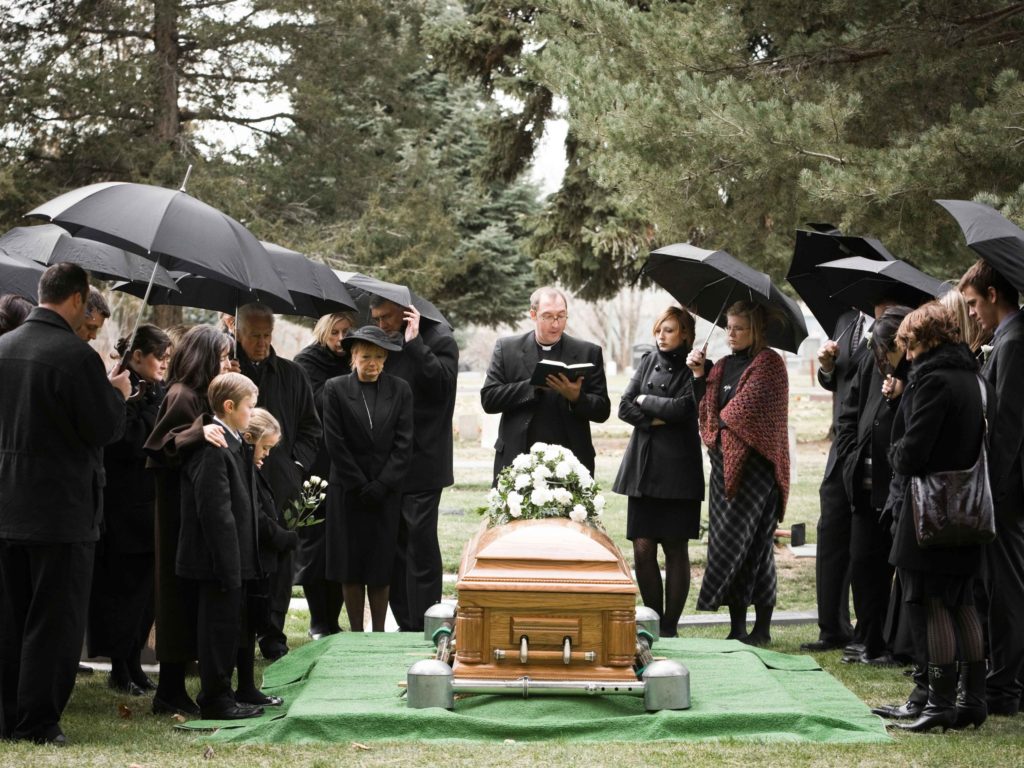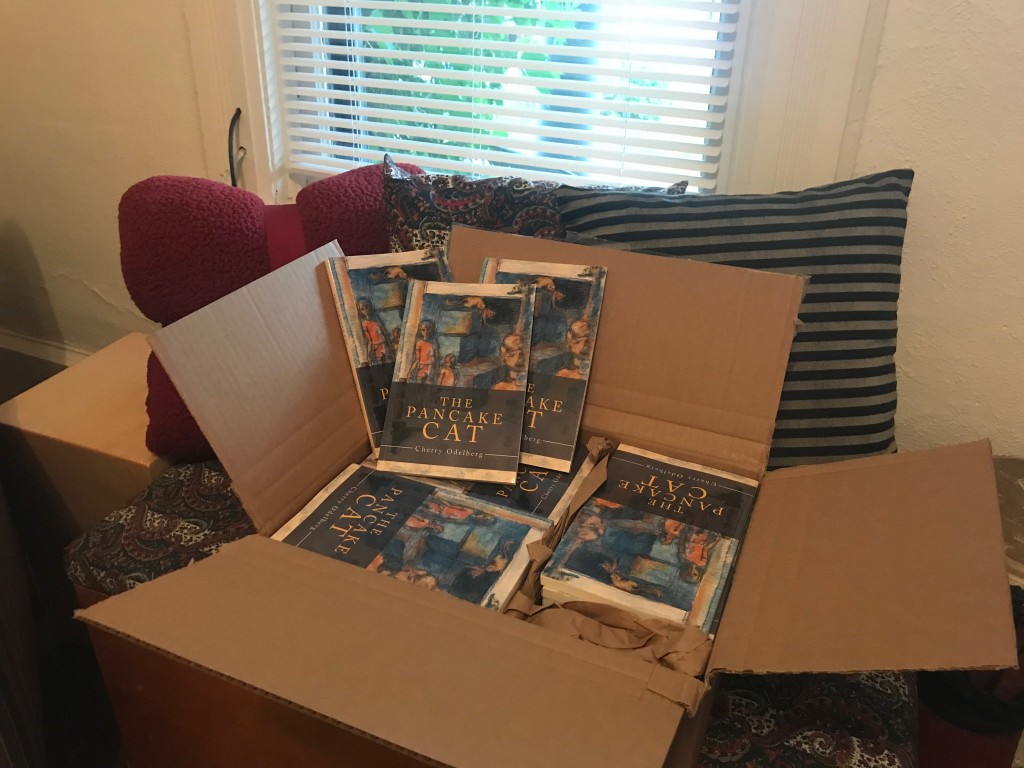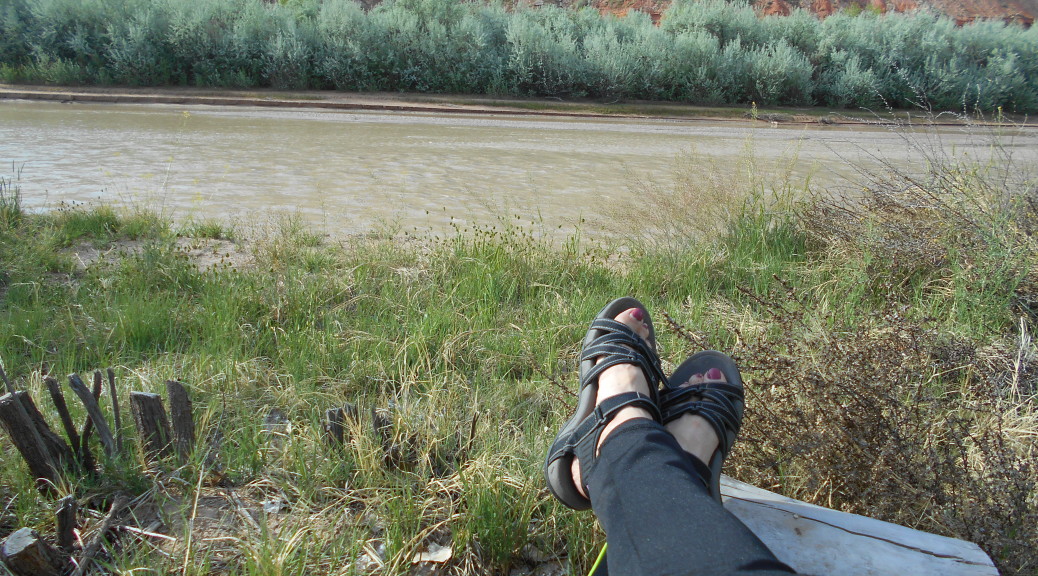She never intended to write Christian Women’s Fiction – or Christian anything. She wanted to write mainstream fiction. She wanted to be able to use some words she was not allowed to use in Christian fiction. She wanted to explore some concepts, some doubts, some gray areas that were not allowed by Christian publishers. She wanted be frank about sex and frank about challenges – to be a normal writer, not someone with an evangelistic agenda or a one-size-fits all Band-Aid. True, the writer is advised to “write what you know,” and she did know Christian women’s fiction. She grew up on it. She knew it all too well. She wanted something more. There was an emptiness. She wanted something that was not as cliché as the man always being right because he was a man, nor as trendy as being comically wrong because he was a man. She wanted a story where women were neither subservient or stupid, rebellious or dependent – unless they wanted to be -where the story didn’t end just because the heroine got married. She knew better. The troubles were only beginning when the heroine married. She also knew something about seminary life and the unrelenting grind of an impoverished marriage. So, she wrote a story about a woman married to a seminary student. By and by, she had opportunity to pitch the first five chapters to a bona fide literary agent. And the agent told her his publisher wouldn’t even look at it with a title like that. Apparently there is something inherently sinister or ghoulish about a cemetery and therefore evil or occult about the two words, “wife” and “cemetery,” coupled together. But the author didn’t feel that way. She knows it is customary to consider several title choices for a work in progress, but in this case, there was one title and only one that would work for the plot. Another agent didn’t like the timeframe crucial to the climax. She knows, how well she knows, that you must often give up the lines you most cherish in order to move forward. In this case, giving up title and timeframe is to give up the entire story. And so, she has written a very unconventional love story, chock full of scripture and seminary speak, and religious thought and tragedy and the triumph of Providence or Fate or Destiny or the Universe or God by whatever name you call him or her. And who will it offend? Only the most hard-hearted of biblical legalists; the ones who fault her for not having an agenda.
She never, never intended to write Christian Women’s Fiction
The Cemetery Wives will release on Amazon as an ebook before the end of November, 2020

The book cover will look something like this. The cover, also will be released from the artist by the end of November.




